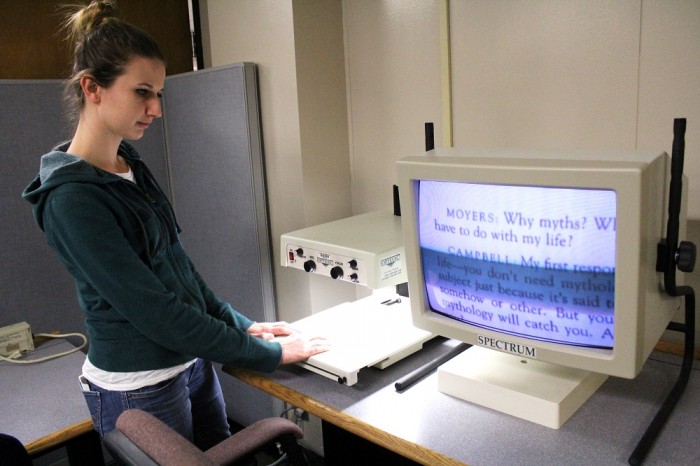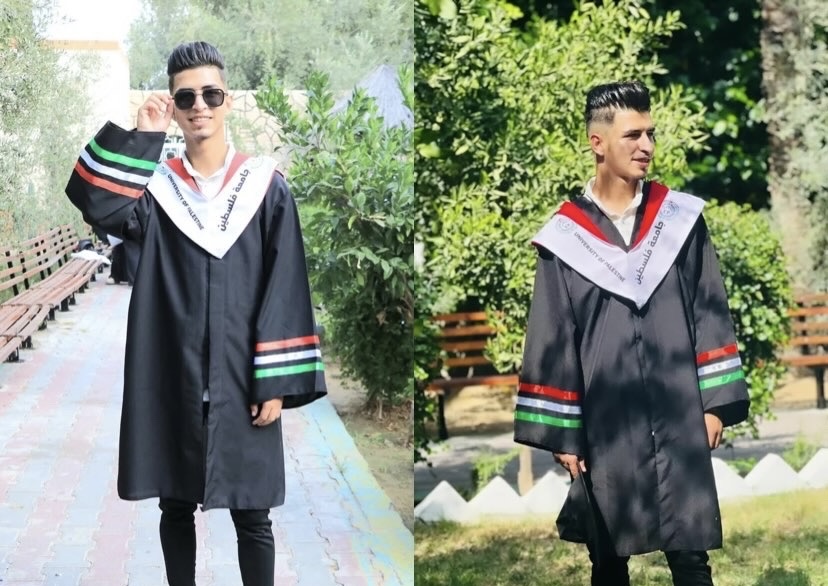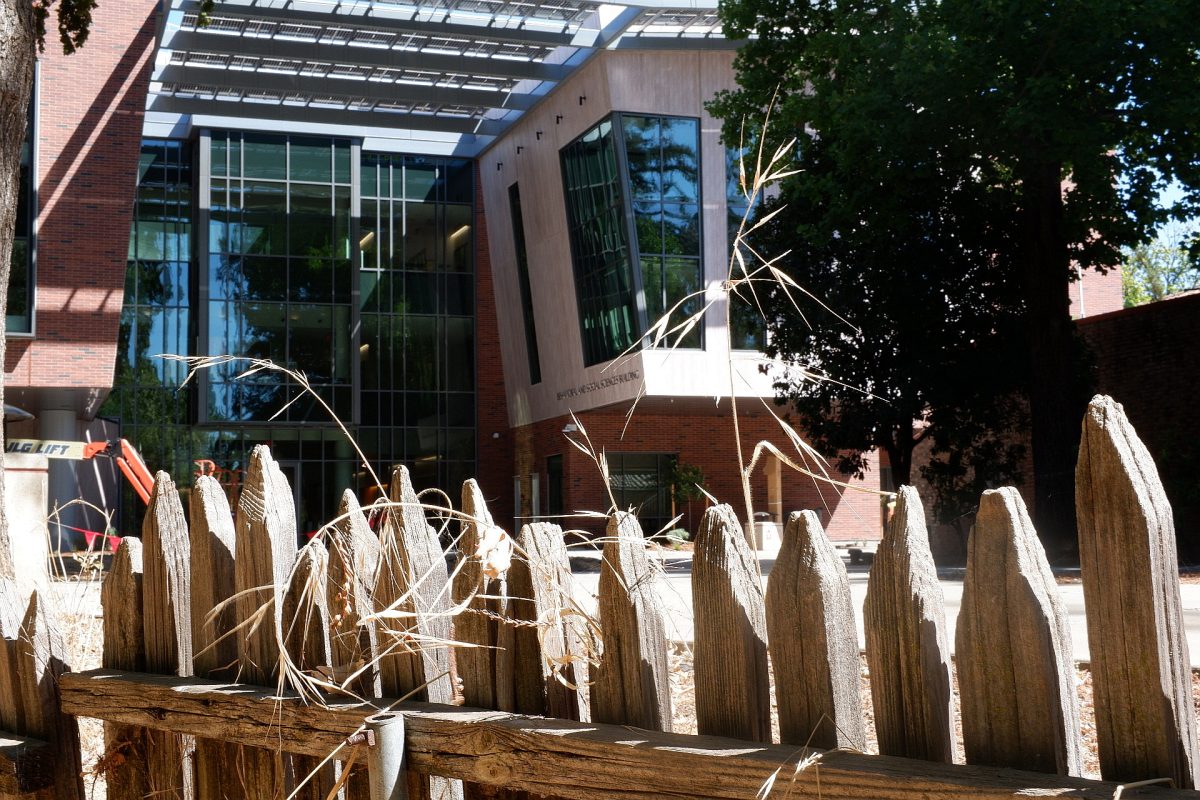
Slipping into a coma is difficult enough. Waking up from that coma and not being able to speak for a few months can make life even more complicated.
This was the case for Anthony Landini, a junior agricultural business major, who suffered a traumatic brain injury 14 months ago.
For students like Landini, Chico State’s Accessibility Resource Center has allowed a smooth transition back into the learning environment and assisted him in relearning how to learn, he said.
“The program has helped me a lot,” he said. “I’m literally going back to school less than a year after the accident.”
The Accessibility Resource Center serves students with disabilities by offering them access to technologies and resources they need to help level the educational playing field, said Jeremy Olguin, program coordinator for the center.
The center uses tools such as Windows Speech Recognition, a free program built into the Microsoft interface by default. It includes speech-to-text, which can make writing essays easier for students.
Speech recognition software is one of the various tools available to everyone on campus, but utilized most frequently by Chico State’s Accessibility Resource Center, Olguin said.
“We’re trying to get rid of the stigma that these technologies are just for students with disabilities,” he said. “They’re for everyone. We’ve just adapted it to work for a specific population.”
The center has had the opportunity to try out newer technologies for its students, Olguin said. This is the first place where he hasn’t been restricted in regard to his vision for the technological options available for students.
“If it’s shown that it’s going to work for a student population, then my boss will let me go with it,” he said.
One new technology currently being introduced into the program is online test-taking through Kurzweil, which may assist students who have trouble focusing or reading a written exam, Olguin said. Chico State may be the only university to fully implement the new test-taking .
The small group of students who have used this test-taking service have shown an average increase of 7 to 11 percent on test scores, he said.
Eli Broussard, a senior geology major, is supportive of the program.
“There’s a lot of things that the university here has that other colleges don’t, perhaps because budget constraints or because they’re afraid to try new things.” Broussard said. “The things they offer you here is amazing.”
The program receives strong support from students and the administration, said Sandy Parsons, director of the Accessibility Center.
“In terms of the CSUs, we’re kind of up there in regards to the timeliness and quality of work we do,” Parsons said. “We’re starting to have people come to our campus because they’re hearing that we provide good services.”
The accessibility center should be a one-stop shop where instructors and students could come and receive consistent messages about how to create and use materials, she said.
“Pulling the expertise together would be the best way to serve people,” Parsons said. “Ultimately, it would allow us to save money and be more efficient.”
Gary Nelson can be reached at [email protected] or @theorion_news on Twitter.








